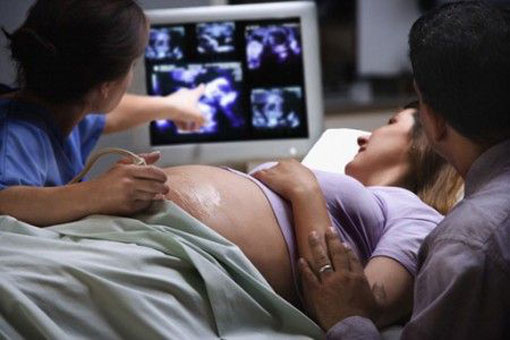Screening of pregnant women is a complex research and techniques aimed at the study of the fetus for possible serious pathologies. Through screening it is possible to identify in advance, for example, down syndrome. The procedure necessary for any future mother.
Types of screening pregnant
The screening is divided into 2 types: ultrasonic and biochemical. Both of these screening aims in fact at one and the same, but are different. Performed in each trimester. They both are designed to find possible anomalies and suspicious discrepancies in the development of a fetus.
Biochemical screening of pregnant women is carried out using a blood test. Blood is taken at certain stages of pregnancy and the tests identify possible problems. Initial tests can be wrong, therefore, to clarify the diagnosis is usually carried out more tests.
In order to complement the current picture, performed ultrasound screening. It also helps to identify problems during pregnancy. Especially important are the first and earliest research. At this time, you can identify the greatest number of violations in pregnancy and begin treatment on time.
In case of detection of any abnormalities pregnant appoint additional studies on chromosomal abnormalities. After 20 weeks during such tests, the risk of complications is higher, so all of pathology of pregnancy it is better to identify in the early stages, although sometimes it fails.
Minus screening of pregnant women that is not always the tests reveal the problem. Sometimes the research about the disease, and it is not, that is, the screening gives false results. But still, such studies should be treated carefully because they often help to avoid many problems and diseases during pregnancy.

